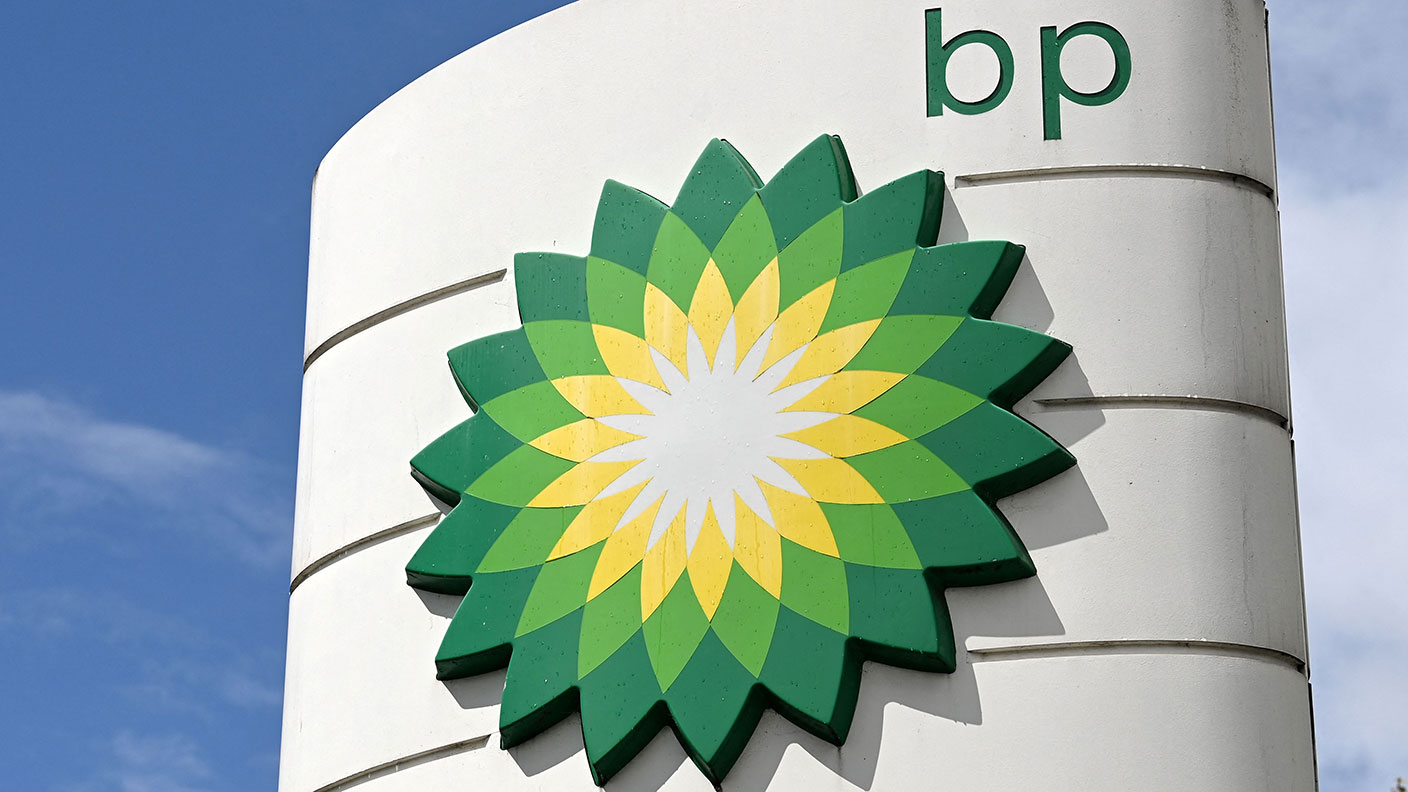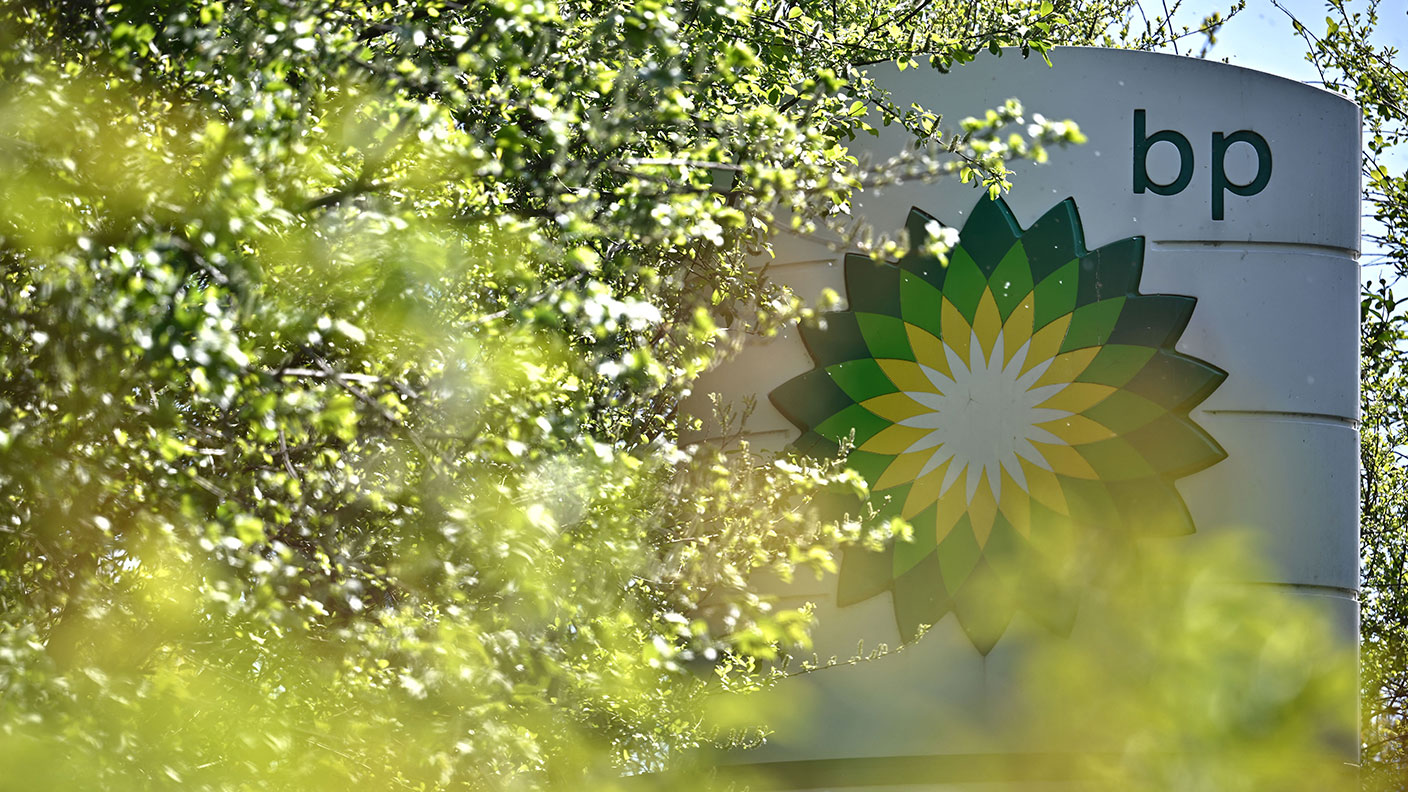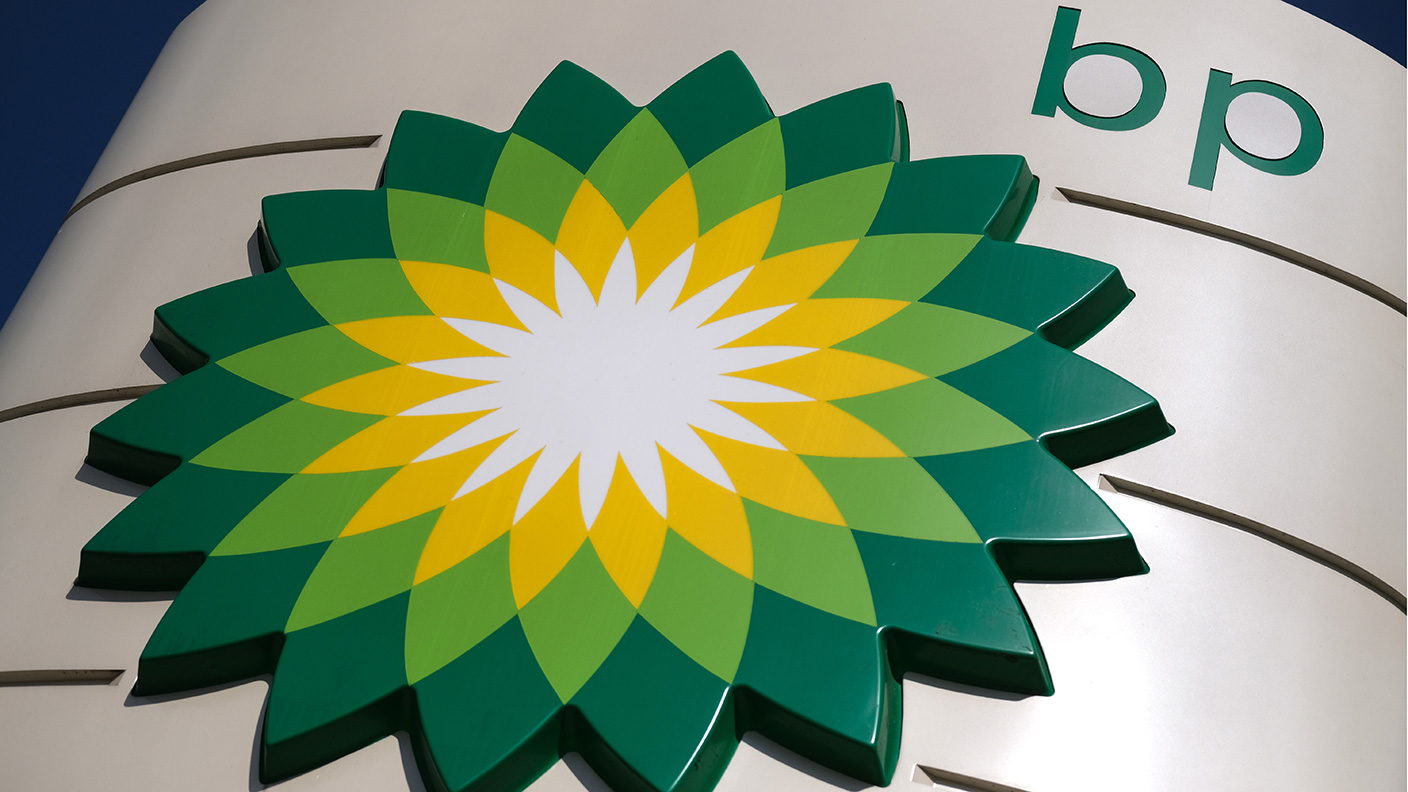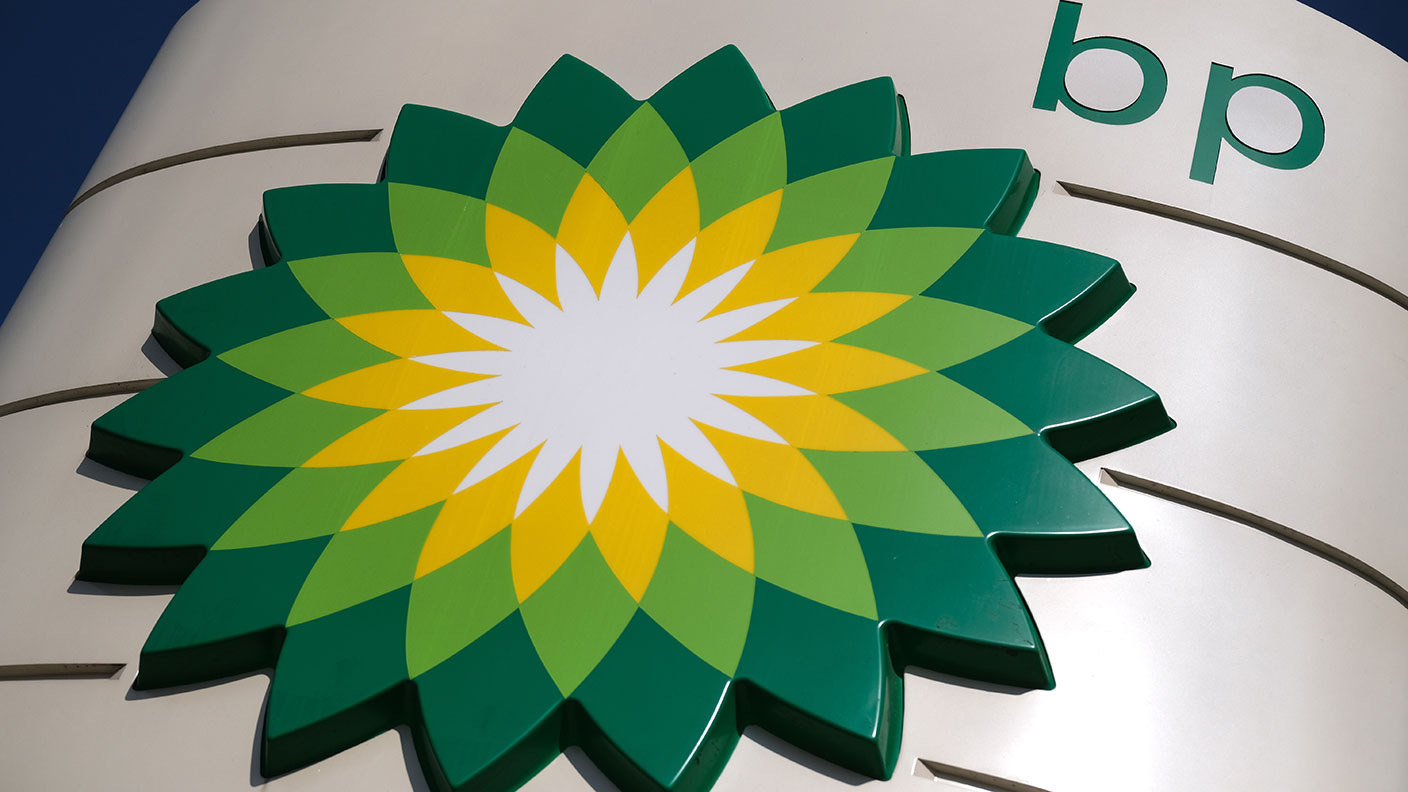Get the latest financial news, insights and expert analysis from our award-winning MoneyWeek team, to help you understand what really matters when it comes to your finances.
You are now subscribed
Your newsletter sign-up was successful
Want to add more newsletters?

Twice daily
MoneyWeek
Get the latest financial news, insights and expert analysis from our award-winning MoneyWeek team, to help you understand what really matters when it comes to your finances.

Four times a week
Look After My Bills
Sign up to our free money-saving newsletter, filled with the latest news and expert advice to help you find the best tips and deals for managing your bills. Start saving today!

Overnight weakness in Asia spilled over to London this morning as global markets responded to data showing factory activity in China slowed down by more than expected in November.
Official government figures showed the purchasing managers index for China fell to 50.3 last month - an eight-month low and below the consensus forecast of 50.6.
Furthermore, a HSBC study shows that growth in Chinese factories in November stalled as output shrank for the first time in six months, further fuelling fears that the world's second biggest economy was slowing down.
MoneyWeek
Subscribe to MoneyWeek today and get your first six magazine issues absolutely FREE

Sign up to Money Morning
Don't miss the latest investment and personal finances news, market analysis, plus money-saving tips with our free twice-daily newsletter
Don't miss the latest investment and personal finances news, market analysis, plus money-saving tips with our free twice-daily newsletter
The BBC notes the risk that China might miss its official growth target of 7.5% this year for the first time in 15 years is growing.
Alaistair Chan, economist at Moody's Analytics, told the BBC he had expected the slowdown in manufacturing and was a "little more pessimistic" than the market for two reasons.
"Firstly, there are signs the recent export boom is fading. Meanwhile, the housing market and related sectors such as steel and cement manufacturing, remains in a slump", Mr Chan said.
Reuters points out that the weakness in London this morning is also partly due to early indications of disappointing sales at the start of the US holiday shopping season and Swiss voters overwhelmingly rejecting a proposal to boost central bank gold reserves, providing a new trigger for sell-offs in an already nervous market.
Marketwatch reports that gold early this morning was down $26, or 2.2%, at $1,149.20/oz. Silverwas hit even harder, down 69 cents, or 4.5%, to $14.80 an ounce.
Oil remained under pressure following Opec's decision last Thursday not to cut production to support prices. Brent crude fell more than $2 a barrel to a five-year low below $68/barrel this morning as investors looked for a price floor.
Reuters notes that oil has lost 10% since last Thursday and that both US crude and Brent have fallen for five straight months oil's longest losing streak since the 2008 financial crisis.
On the companies front, oil and gas firmBG Groupbowed to shareholder pressure and revised the remuneration package for its new chief executive, Helge Lund.
BG investors had heavily criticised the group for proposing a £25m 'golden hello' for Lund. He will now receive £10.6m in shares, rather than the original sum.
Asset manager Aberdeen managed to edge ahead after presenting mixed full-year numbers. The group blamed weakness in emerging markets for £20bn of net outflows, casting a shadow over slightly better-than-expected full-year profits on Monday.
Meanwhile, the Daily Mail reports on the government's announcement of "the biggest, boldest and most far-reaching roads programme for decades". The newspaper points out, however, that many of the 80 new English road schemes announced in the£15bn package are in key coalition constituencies.
The projects include the tunnel to tackle a bottleneck at Stonehenge on the A303 and improved M25 junctions.
In early morning trading, the FTSE 100 was down 56.62 points or 0.84% to 6,666.
Get the latest financial news, insights and expert analysis from our award-winning MoneyWeek team, to help you understand what really matters when it comes to your finances.
MoneyWeek is written by a team of experienced and award-winning journalists, plus expert columnists. As well as daily digital news and features, MoneyWeek also publishes a weekly magazine, covering investing and personal finance. From share tips, pensions, gold to practical investment tips - we provide a round-up to help you make money and keep it.
-
 Should you buy an active ETF?
Should you buy an active ETF?ETFs are often mischaracterised as passive products, but they can be a convenient way to add active management to your portfolio
-
 Power up your pension before 5 April – easy ways to save before the tax year end
Power up your pension before 5 April – easy ways to save before the tax year endWith the end of the tax year looming, pension savers currently have a window to review and maximise what’s going into their retirement funds – we look at how
-
 As oil prices surge, should you buy BP shares?
As oil prices surge, should you buy BP shares?Analysis The imbalance between supply and demand has sent the oil price surging, bringing bumper profits to oil giant BP. Rupert Hargreaves looks at the numbers and asks if BP shares deserve a place in your portfolio.
-
 Should you be worried about energy windfall tax proposals?
Should you be worried about energy windfall tax proposals?Analysis Calls have been growing for a windfall tax on UK oil and gas producers. It's a popular idea, but is it a good one? And what does it mean for investors in the UK's energy companies? Rupert Hargreaves explains.
-
 BP’s profits surge, but the company’s growth is far from guaranteed
BP’s profits surge, but the company’s growth is far from guaranteedAnalysis BP profits are at their highest in a decade, and it looks to be a business firing on all cylinders. But its future is far from certain, says Rupert Hargreaves.
-
 BP: really going “beyond petroleum” won't be easy
BP: really going “beyond petroleum” won't be easyNews BP is recovering and plans to become carbon neutral by 2050. Meanwhile, activist investors are targeting ExxonMobil. Matthew Partridge reports
-
 BP looks set to return more money to shareholders as it beats expectations
BP looks set to return more money to shareholders as it beats expectationsNews Oil major BP is to embark on a share buyback programme after significantly reducing its debts. Saloni Sardana looks at what it means for your portfolio.
-
 BP has slashed its dividend – and markets love it
BP has slashed its dividend – and markets love itOpinion BP has bowed to the inevitable and cut its dividend in half – and its share price promptly rose. John Stepek explains what it means for shareholders and for beleaguered income investors.
-
 BP bows to reality as it writes down $17bn of assets
BP bows to reality as it writes down $17bn of assetsNews The oil giant has ditched its conspicuously bullish outlook and written down the value of its assets. Will it cut its dividend too? Matthew Partridge reports
-
 Watch out income investors – BP looks likely to cut its dividend in the near future
Watch out income investors – BP looks likely to cut its dividend in the near futureOpinion Oil major BP is writing billions off the value of its assets as it struggles to adapt to the changing world. Unlike Shell, however, BP hasn’t yet cut its dividend. But, says John Stepek, it’s only a matter of time till it does.

